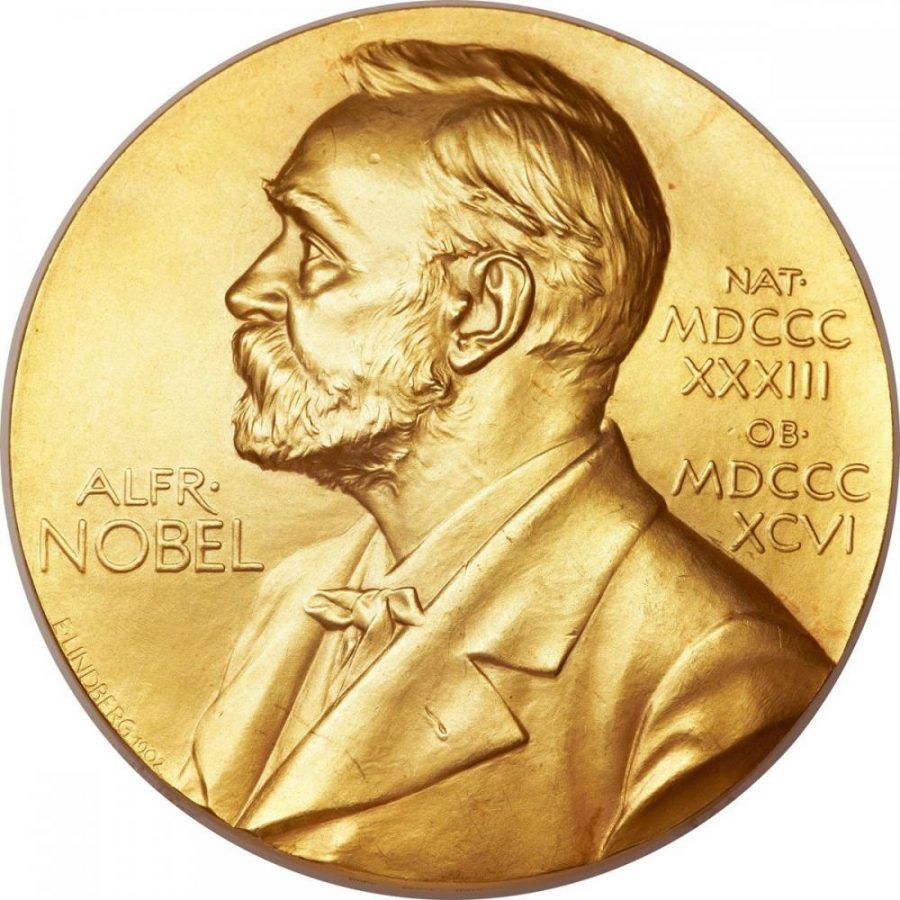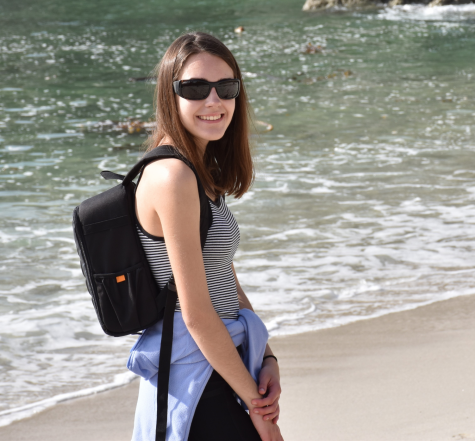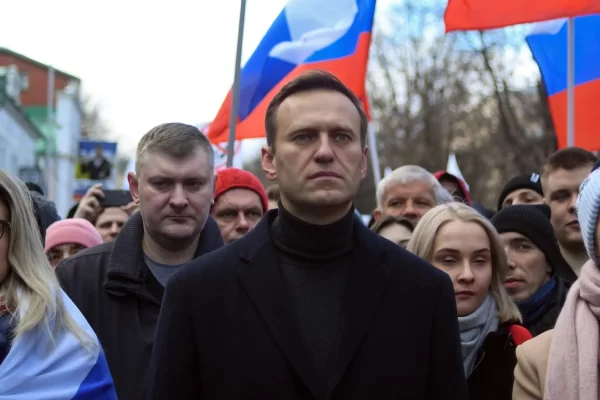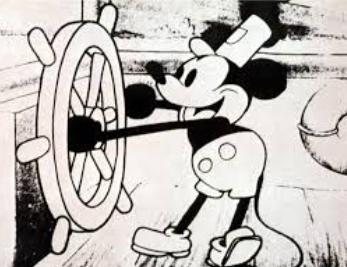And the 2017 Nobel Prizes go to…
The Nobel Prizes are awarded almost every year to recognize achievements in various fields of study.
October 17, 2017
Every year, worldwide, people hear about Nobel Prizes being awarded to different organizations, people, or individuals. But how exactly does this work? Who picks the winners? When and where does it happen? These are all questions that not many people know the answers to. Yet, knowing a bit more about the Nobel Prizes could someday benefit someone who wishes to enter or anyone who wants to understand how credible the decisions are.
The Nobel Prizes were first established by Alfred Nobel. In his will, he left a huge sum of money, approximately 265 million dollars worth, dedicated to honoring men and women worldwide that made significant achievements in specific fields of study: Peace, Chemistry, Medicine, Literature, Physics, and Economic Science. Since he was originally from Norway and Sweden, that is where the two separate Nobel Prize Award ceremonies take place.
As of 2009, the Nobel Prize winners are given $1.4 million worth of SEK (Swedish currency), a Nobel diploma, and a medal. The money for these prizes comes from the money left in Nobel’s will. Usually, prizes are awarded every year, except the years when World Wars I and II were taking place. Who votes for all the winners? This depends on the prizes.
However, one is not simply given the prize. They must be invited to participate and follow certain guidelines to qualify. Every year, each of the committees follows certain deadlines that run the course of a year. The chart below shows their annual schedule.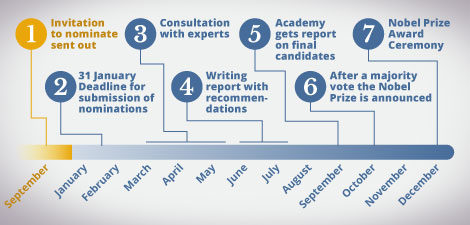 Nobel Prize Media
Nobel Prize Media
At the beginning of October, the winners of the different prizes were made public as well as their contribution. Only the winners were announced since it is traditional for the rest of the nominees to remain confidential for fifty years.
The winners of the 2017 Nobel Prizes and the reasons they won follow:
Peace: In 2017, the Nobel Peace Prize was awarded to ICAN, the International Campaign to Abolish Nuclear Weapons. ICAN has created the Humanitarian Pledge. By committing to the pledge, countries make efforts to eliminate nuclear weapons. They have also worked to ban nuclear weapons for UN members who are present to accept the Treaty of the Prohibition of Nuclear Weapons. The organization’s actions follow the three different criteria for awarding the Nobel Peace Prize, “the promotion of fraternity between nations, the advancement of disarmament and arms control and the holding and promotion of peace congresses,” which is why they were given the Prize (Nobel Prize Media). Melody Saba (11) agrees with the decision for choosing this organization since “it is a worthy cause [that]… is trying to promote peace… [this] is something we desperately need, given today’s current situation. Taking the pledge is a step towards preventing a full-out, world-devastating war.”
Lit: The Nobel Prize for Literature in 2017 was given to Kazuo Ishiguro, a British author. Some of his most well-known works include The Remains of the Day and Never Let Me Go. As described by the New York Times, Ishiguro’s works are written in first person perspective of “unreliable narrators who are in denial about truths that are gradually revealed to the reader…[through]… the things left unsaid, and gaps between the narrator’s perception and reality.” The prize was given to him for the“great emotional force” that he brings to his novels (Nobel Prize Media).
Physics: Rainer Weiss, Barry C. Barish, Kip S. Thorne were awarded the 2017 Nobel Prize in Physics for their work with the LIGO (Laser Interferometer Gravitational-Wave Observatory), a project that has been worked on for years. This opens an entirely new branch of physics that is “new and different [and] open[s] up unseen worlds” (Nobel Prize Media AB).
Chem: Jacques Dubochet, Joachim Frank and Richard Henderson are the winners of the Chemistry Nobel Prize in 2017. They improved the cryo-electron microscopy by allowing scientists to freeze biomolecules. They are also able to create three-dimensional models of the molecules. Not only does this benefit the pharmaceutical industry, it also helps scientists to learn more about life science.
Medicine: Jeffrey C. Hall, Michael Rosbash and Michael W. Young were awarded the 2017 Nobel Prize in Medicine. They helped to explain the reason behind humans’ and plants’ biological clocks. These scientists were able to explain how living things adapt their biological rhythm to the Earth’s revolutions as well as the ways that different times affect the body’s abilities.
Econ Science: Richard H. Thaler was granted the Economic Science Nobel Prize for 2017. His research demonstrates a correlation between some human traits and the economic market. In order to explain this, he offers three traits and their consequences: limited rationality, social preferences, and lack of self-control. His studies connect two fields, economy and psychology, which is critical to the emergences of a growing field of study: behavioral economics.


